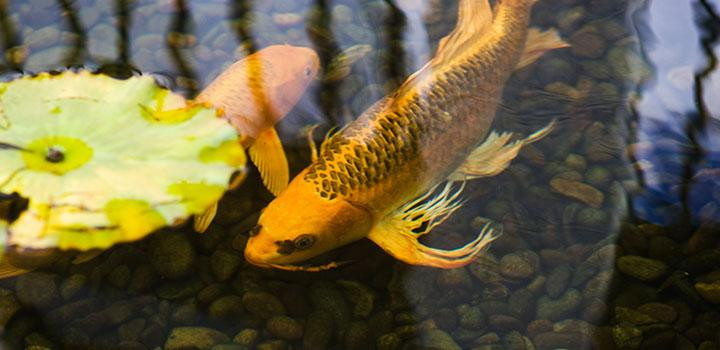
The Importance of Water Testing for Fish
Posted by Grange Co-op on 15th Aug 2015
Water testing is an essential part of being a fish hobbyist and water test kits are a necessary item for maintaining a healthy aquarium. Testing water is necessary to keep the hobby enjoyable, to prevent dismal failures and to protect the customer's investment. There are four basic test kits that most hobbyists will need.
 Test kits for pH, which measure the amount of available hydrogen in the water, are split into "low range" and "high range." The second test kit is for testing Ammonia. They measure the total ammonia nitrogen, which varies in toxicity based on the relative pH and water temperature.
Test kits for pH, which measure the amount of available hydrogen in the water, are split into "low range" and "high range." The second test kit is for testing Ammonia. They measure the total ammonia nitrogen, which varies in toxicity based on the relative pH and water temperature.
The third test kit is nitrite, which measures the byproduct of the first stage of ammonia nitrification, which is nitrite. Nitrite is always found in new aquaria as the biological filtration cycle goes through the initiation process. Nitrite is toxic to fish as high levels will prevent oxygen absorption by red blood cells. The last water test kit available is for Nitrate. Nitrate remains in the aquarium until absorbed by plant life as food or when physically removed via water changing. These kits can often be purchased in combination.
Aquarium water should be tested as least once per week, and just before and after a water change. It is also wise to do a second test the day after a water change to make sure that the new water is completely incorporated in the aquarium. Hobbyists should test their water whenever they see anything abnormal occurring, such as unusual fish behavior, split or damaged fins, lesions or unexplained deaths.
Always test water which is being added to an aquarium. Municipal water supplies frequently undergo rapid changes in hardness, pH, and chemical content. At Grange Co-op Pet Country, free water testing is offered along with the supplies to do your own testing at home.
